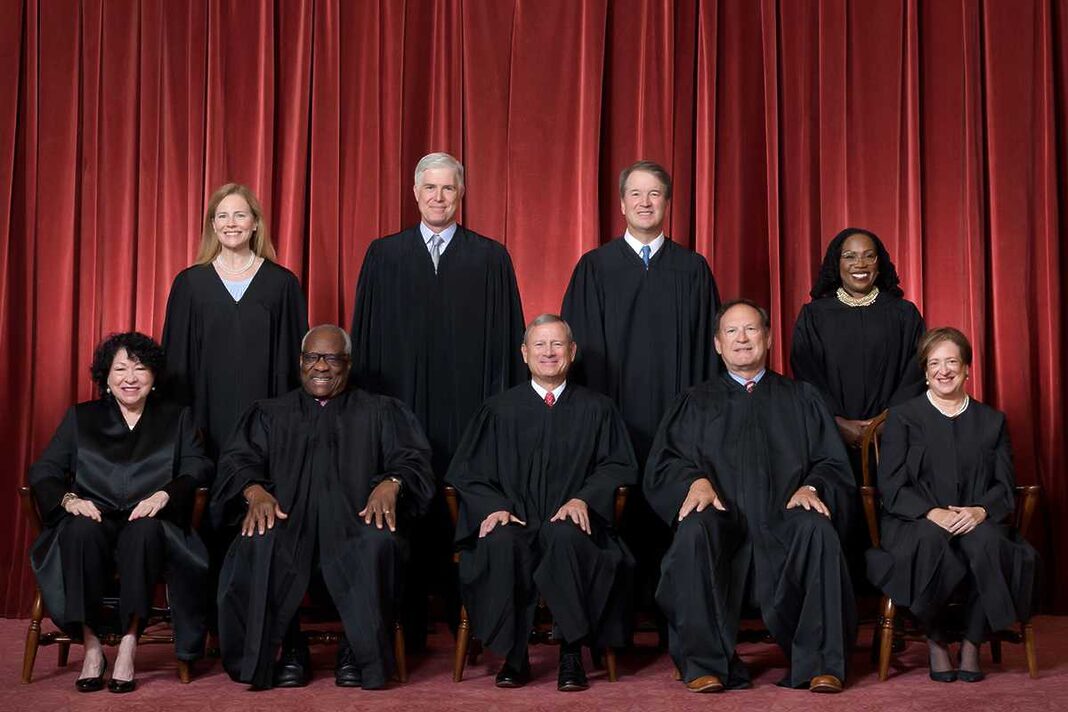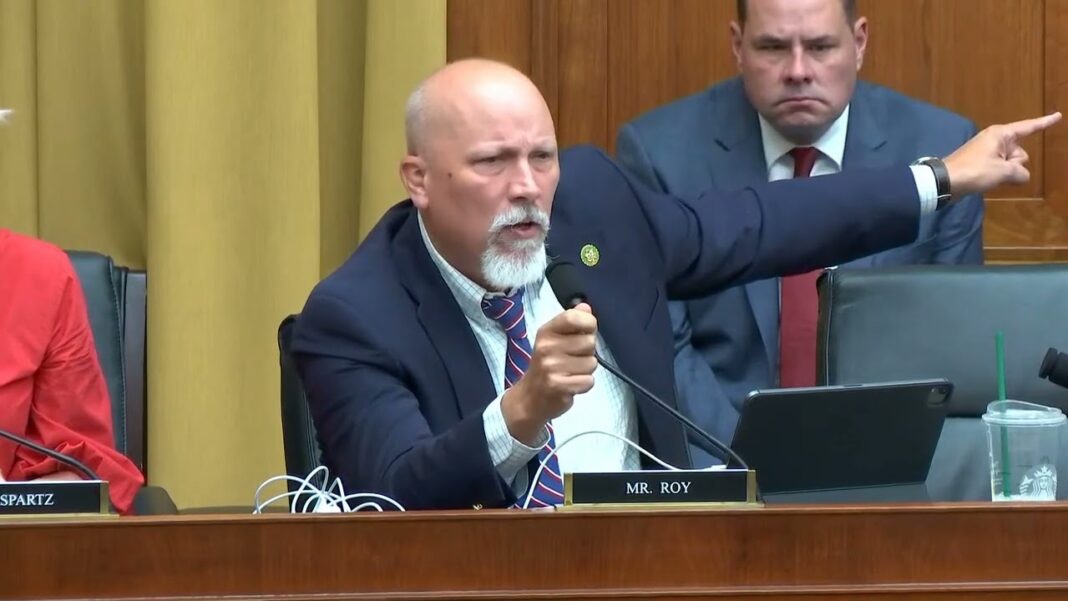
U.S. Supreme Court Justice Samuel Alito on Thursday temporarily placed on hold a lower court ruling that blocked the Biden admin over its social media contacts.
Supreme Court Justice Samuel Alito on Sept. 14 temporarily placed on hold a lower court ruling that restricted federal agencies from contacting social media firms with requests to remove content while the justices consider how to handle the case.
His order froze a recent appeals court decision that found that federal officials likely violated First Amendment protections by coercing some platforms into deleting certain posts and content. A lawsuit was filed by Missouri and Louisiana last year against the Biden administration, accusing federal officials of trying to censor people with certain viewpoints.
A district judge in July blocked a multitude of federal agencies from communicating with social media firms, while the 5th U.S. Circuit Court of Appeals on Sept. 8 partially upheld the ruling. The appeals court allowed certain agencies to still contact those companies and argued that the lower court’s order was too broad.
Justice Alito’s order pauses the lower court’s decision until Sept. 22. The justice, who was nominated by President George W. Bush, is the justice designated by the court to act on matters coming from several states, including Louisiana.
Any response to the application has to be filed with the Supreme Court by 4 p.m. on Sept. 20, Justice Alito ordered.
The court’s action on Sept. 14 came just a few hours after the Biden administration had asked the court to put the lower court’s order on hold while it prepares a formal appeal.
The emergency filing from the Department of Justice (DOJ) asked the high court (pdf) to allow officials at the White House, Centers for Disease Control and Prevention (CDC), and FBI, as well as others, to respond to online posts that they claim pose a danger to public health. The DOJ had argued that federal officials need to be able to respond for national security purposes, too.
“Under the injunction, the Surgeon General, the White House Press Secretary, and many other senior presidential aides risk contempt if their public statements on matters of policy cross the ill-defined lines drawn by the Fifth Circuit,” Solicitor General Elizabeth Prelogar wrote for the DOJ. “CDC officials run the same risk if they accurately answer platforms’ questions about public health. And FBI agents risk being hauled into court if they flag content posted by terrorists or disinformation disseminated by covert malign foreign actors.”








